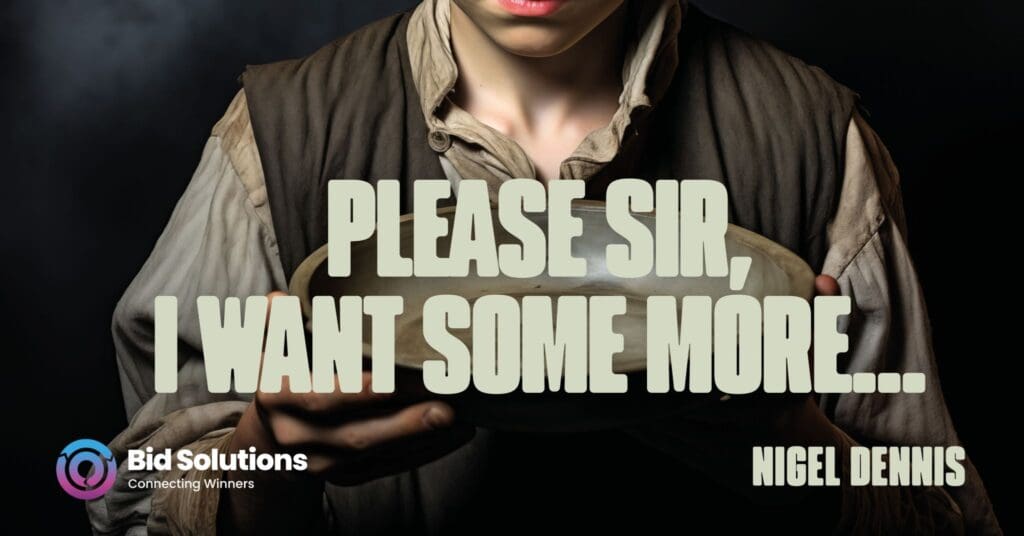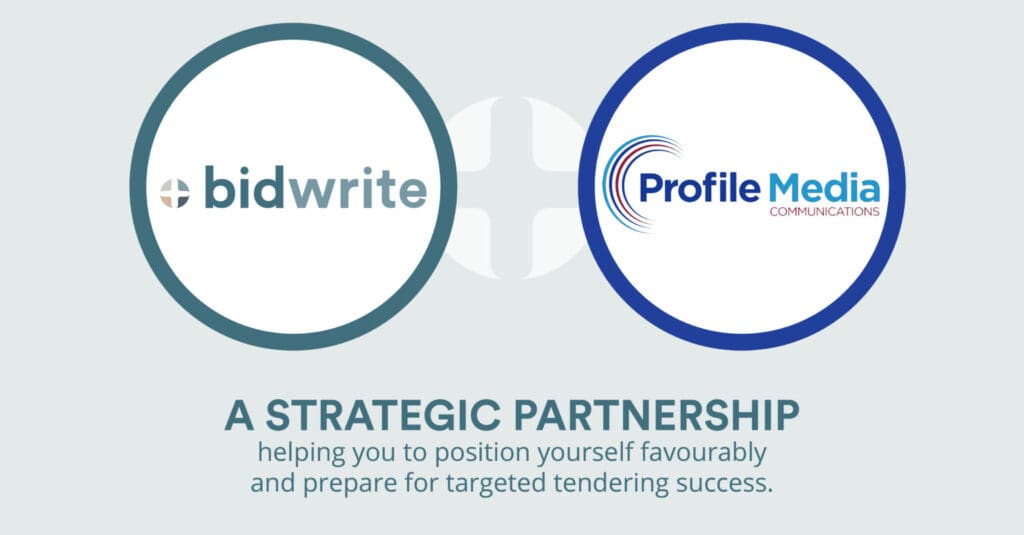Different strokes for different folks
At my interview for a bid consultant role at BidWrite, I was asked what skills or qualities I would bring from my former profession as a lawyer. The answer was obvious to me; drafting, writing and compliance. As a lawyer I could decode technical legal documents to deduce the answer required, write up the answer accurately and draft it up in the required format. And when asked what I thought a bid consultant did, I portrayed my image of a scrivener secluded away in the quiet corner of an office somewhere, typing away industriously, communicating with the world only via email. After confidently relaying this to my interviewer (and eventual managing director), I sat back and waited. He laughed.
Although there are strong parallels between law and bid consulting, no two things are ever truly the same. And having made the transition, I’ve become increasingly aware of how (and why) they differ. I’ve also considered what my former profession could learn from my current and often misunderstood one.
The benefit of a broad view
Lawyers are mostly specialists within their chosen field, and with greater experience become even more entrenched in their specialisation. This applies to their domain knowledge, their associated skillsets and even their geographical jurisdiction. The obvious benefit to this is expertise. But the drawbacks are the risk of becoming dogmatic in one’s approach to problem solving and becoming overly comfortable with the familiar.
In contrast, bid consultants work across a range of disciplines and industries. Each new bid requires one to learn about a new organisation, a new industry and a new purchaser’s needs. I am always surprised by how much I learn from each client. It’s far beyond the company capabilities we are tasked to highlight in their bids. This new knowledge includes everything from industry specific practices and organisational decision-making processes through to individual leadership styles. Rather than taking a narrow and focussed view, bid consultants quickly learn the need to be open to discovering important pearls of wisdom in the most unexpected of places and from the most unexpected of people. As a consequence, bid consultants adroitly balance the need to complete specific tasks with an open approach. They are always open minded and always mindful of others’ expertise, rather than their own.
Harnessing the battle instinct
At the risk of generalising, my personal experience is that lawyers can tend towards rigidity in their approach to problem solving, tunnel visioned when it comes to planning pathways to success. For a litigator the approach is usually demand, claim and counterclaim – and if mediation fails, see you in court. Even when representing parties that are working together, say, contracting in a business relationship, lawyers’ mentalities when negotiating are to ‘fight their corner’ on their client’s behalf.
Although hardly surprising given their role, the adversarial nature of lawyers can be harnessed positively in the competitive practice of bid consulting, where there are no prizes for second place. The ability to rally the troops, organise large suites of documents, convince people to complete tasks they’d rather not do, and to summon the stamina to bunker down in long arduous tasks are indeed aspects common to the professional life of most lawyers and bid consultants.
However, lawyers could take a tip from bid consultants when it comes to the finer points of human interactions, particularly when it comes to managing stress and motivating teams to continue pushing that boulder uphill towards the seemingly impossible peak known in our trade as ‘The Submission Deadline’.
Consulting comes in many flavours
As a lawyer, I was accustomed to being very direct in my approach, whether it was with my client or the opposition. Expensive and billable consulting time was always of the essence. This meant that personal courtesies often took a backseat to getting things done as efficiently and effectively as possible. Sadly, perhaps due to conditioning, legal clients tend to expect this kind of pragmatic interaction with legal professionals. In my experience, this culture seems to be very pervasive – all the way from law school to the courts of law.
What I’ve learnt through bid consulting is how much, and more particularly, what style of consulting best leads to a successful outcome.
While bid consultants are often measured by their ability to write, what’s often overlooked is their mastery of the so-called ‘soft skills’: sensitivity to the mood of bid team members, a keen awareness of the dynamics within client organisations, and heightened empathy for individual team member needs and concerns. Having a finger on the emotional pulse of a bid team allows bid consultants to guide bid teams through the inevitable stressful periods that accompany our profession – and to still be on speaking terms when we get to the other side! The sheer range of industries and clients we work with means we must master a variety of consulting styles, know how and when to select the correct style to apply, and be flexible enough to change tack when the situation demands.
Bid consulting is a team sport and while not easy, knowing how to foster a genuine spirit of collaboration is central to success.
Portrait of the modern professional
Despite overlapping skillsets, comparison of the two professions is ultimately comparing apples to oranges. While law is a necessarily specialised profession adapted to suit very specific needs, bid consulting is perhaps more representative of the modern professional. It draws from a variety of professional backgrounds and industries while remaining flexible enough to adapt to the needs of any particular client or industry, yet still services a very specific niche: writing winning bids.
It is often said that studying law is great preparation for a variety of other professions; when I started out as a first-year law student, I honestly couldn’t envision a career path other than to practice law. Time and experience have shown me that the fundamental skills I learnt from law – professional conduct, detailed research, and rigorous critical thinking – will serve me throughout my working life. As a bid consultant, I’m reminded of this every day.
Jack’s pathway to bid consulting may seem unusual, but it’s not uncommon. Our team is surprisingly diverse, having held many different roles within many different industries; from procurement, engineering and teaching, through to civil construction, travel, and aerospace – to name just a few. For a fuller account of our people and the various talents they could bring to your next bid, check out our staff profiles here.







